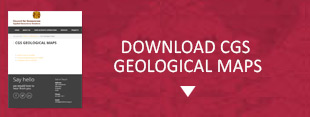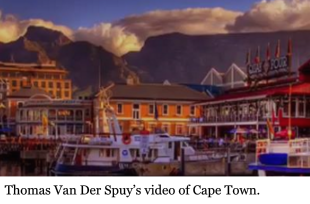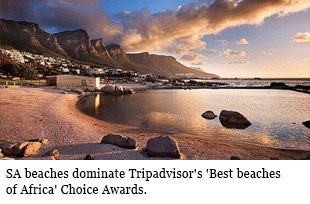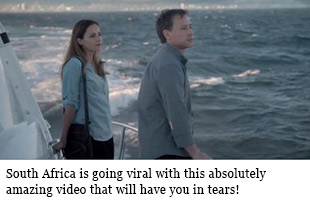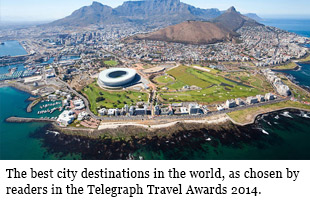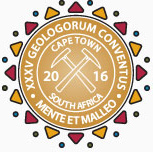
35TH INTERNATIONAL GEOLOGICAL CONGRESS
27 AUGUST - 4 SEPTEMBER 2016 | CAPE TOWN, SOUTH AFRICA
Sponsors
Keystone Sponsor


Diamond Sponsor


Gold Sponsor


Silver Sponsor



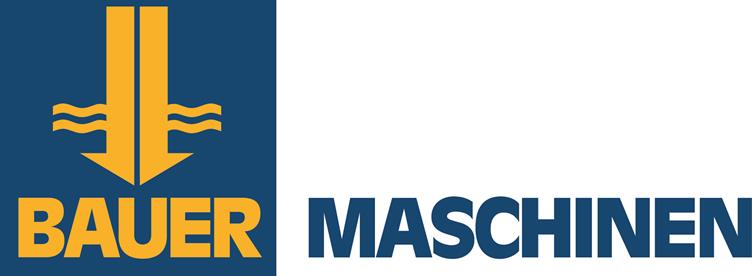




Business Centre Sponsor


Publication Sponsor




Social Function


Plenary Speaker Sponsor


Speaker Gift Sponsor


Post Graduate Fund


Registration


Welcome Drinks


Lunch Time Drinks


Publication &
35 IGC SAGPGF
35 IGC SAGPGF

35 IGC SAGPGF




MY IGC APP


Symposium Sponsor




Audit Sponsor


35TH INTERNATIONAL GEOLOGICAL CONGRESS
27 AUGUST - 4 SEPTEMBER 2016 | CAPE TOWN, SOUTH AFRICA
My IGC
Symposium Details
| Title | Description | Convenors |
|---|---|---|
| AGID Sub Theme : 5: Geoscientists and Environmental Protection | Environmental protection is the practice of protecting the natural environment through efforts made at individual, organizational or governmental levels, for the benefit of both the environment and humans. On the scale of a watershed, if local people protect the watershed from over-exploitation, the watershed will protect the people by supplying adequate ecosystem services and supplies. Due to the pressures of population and technology, the biophysical environment is being degraded, sometimes permanently. This has now been recognized, and governments have begun placing restraints on activities that cause environmental degradation. While dealing with mineral resources or with ground water, geoscientists are concerned with the fact that the use of the geo-resource should be environmentally sound and sustainable for the society. Geoscientists have a fourfold role in this. Geoscientists working in Government departments and institutions make recommendations for enacting the laws. Those working in resource development industries can put the conservation principles into practice. Geoscientists working in NGOs often work in public education and stress on the implementation of protection laws. And finally those working in Universities make their students aware of the need to improve degraded areas or watersheds and the specific technical solutions for this. The papers in this session should mainly discuss the case histories of success as well as failures in environmental protection. | Antony Reedman, Shahina Tariq, Gbenga Okunlola and Afia Akhtar |
 Field trips
Field trips  Sponsorship & expo
Sponsorship & expo  Registration
Registration Tours
Tours  Promotion
Promotion 

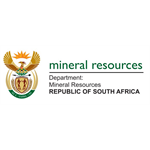












 Conference Programme
Conference Programme  Field trips
Field trips  Sponsorship & expo
Sponsorship & expo  Volunteer
Volunteer  GeoHost
GeoHost  Registration
Registration Tours
Tours  Promotion
Promotion  Publications
Publications


